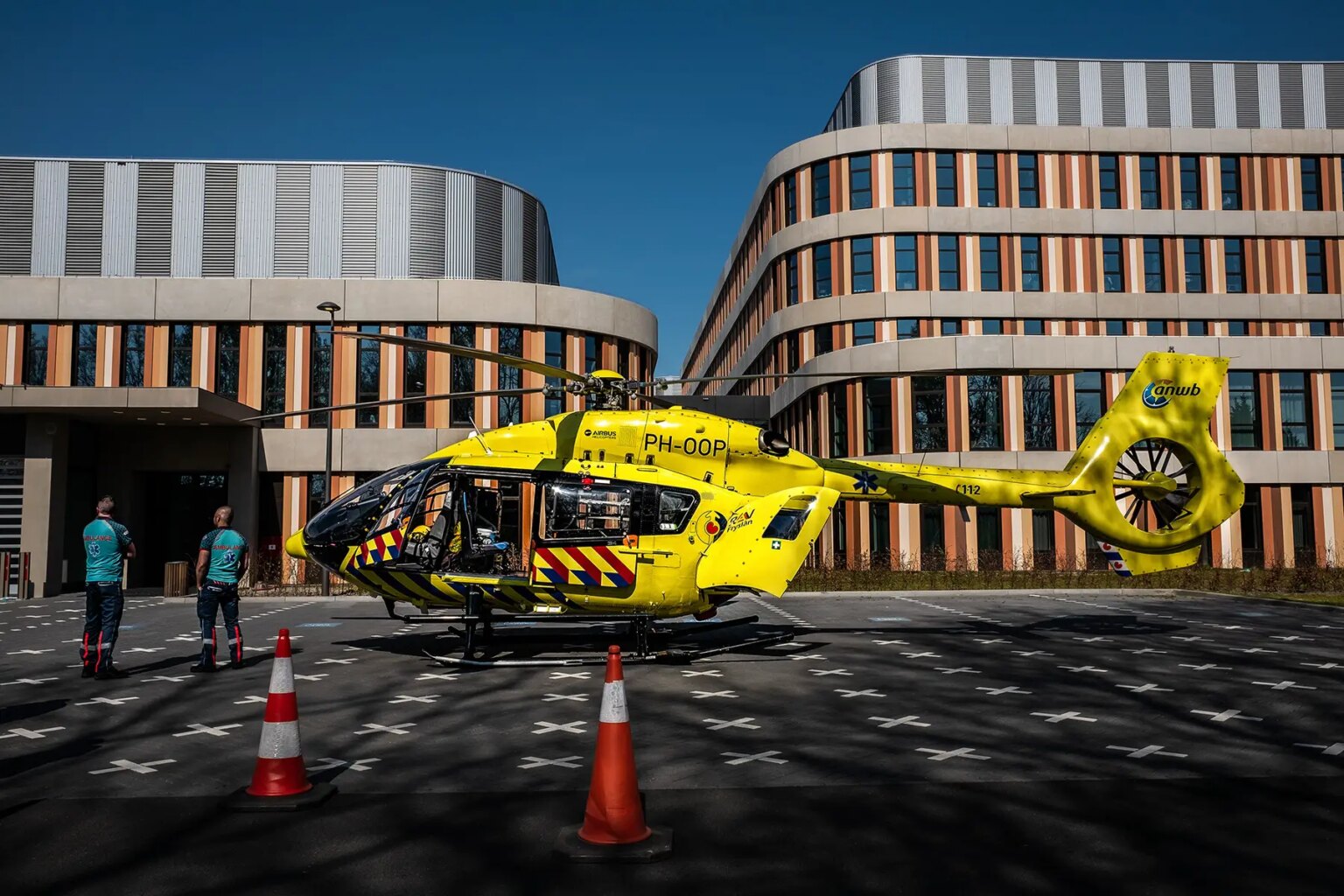New arrivals in the Netherlands will be pleased to know the country has one of Europe’s best healthcare systems. Indeed, the Netherlands is the only country that has consistently ranked in the top three of the European Health Care Index since rankings were introduced in 2005.
Rather than maintaining a robust public health sector, privately run, non-profit groups administer nearly all levels of the healthcare system in the Netherlands. This includes hospital systems. However, the Dutch government sets strict regulations to ensure all residents have quality care that is cost-effective. To that end, hospital patients can expect a high quality of care.
To give you more information, this guide includes the following:
- Overview of hospitals in the Netherlands
- How to access hospital treatment in the Netherlands
- Emergency treatment in the Netherlands
- Hospital stays in the Netherlands: what to expect
- Hospital costs in the Netherlands
- Being discharged from hospitals in the Netherlands
- Visiting someone in a hospital in the Netherlands
- Best hospitals in the Netherlands
- List of hospitals in the Netherlands
- Useful resources
Cigna Global
Want access to the best private medical services in the Netherlands? Speak to the healthcare professionals at Cigna Global today and find a policy that’s right for you. Take advantage of their global network of doctors, specialists, therapists and more with coverage tailor-made for you and your family. If you’re starting a new life in the Netherlands, get peace of mind with Cigna Global.
Overview of hospitals in the Netherlands
There are three kinds of hospitals in the Netherlands. These are general hospitals, academic hospitals, and top-clinical (topklinische) hospitals, which serve as teaching hospitals.
- General hospitals provide standard care of good quality. If a patient is at a general hospital and needs more specialist care, they will receive a referral to a specialist at another hospital. General hospitals typically have outpatient clinics (polikliniek). Additionally, there is a trend of hospitals building satellite outpatient clinics (buitenpoli) to improve patient access.
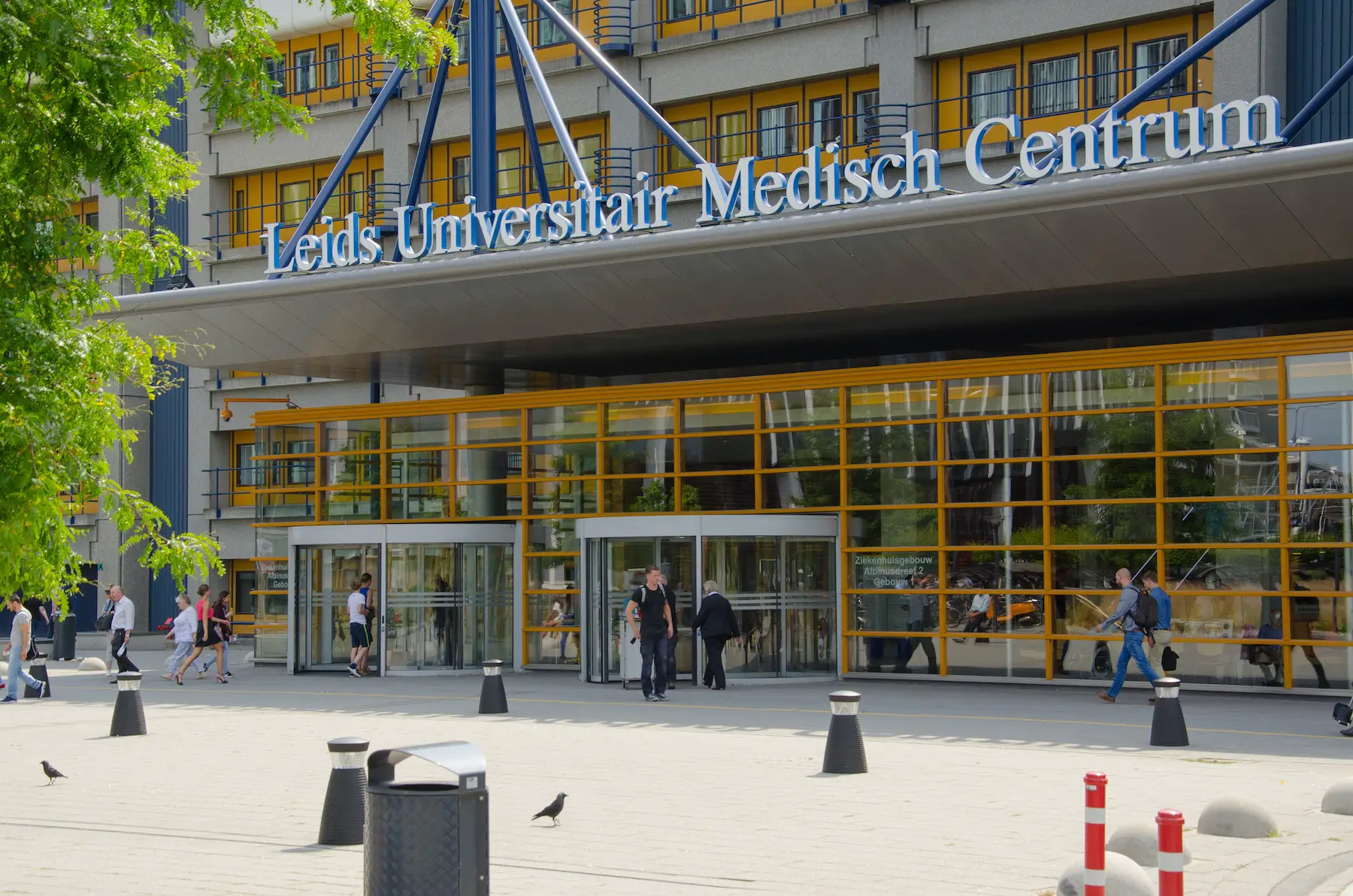
- Academic hospitals are connected to prominent Dutch universities. There are eight of them in the country. Patients can expect a focus on research and specialist care in particular. What’s more, academic hospitals incorporate all but one of the country’s children’s hospitals — the Juliana Kinderziekenhuis in The Hague.
- Top-clinical hospitals are at the intersection of patient-centered research and quality care. For this reason, they are where medical specialists and nurses receive part or all of their training.
How to access hospital treatment in the Netherlands
In general, patients may choose the hospital where they receive treatment. For non-emergencies, you’ll need to speak to your family doctor (huisarts) to get a referral to a hospital. In the event you need a medical specialist, your doctor will discuss with you if there are any hospitals in your region that are better suited for your specific condition.
When you arrive at one of the many hospitals in the Netherlands, make sure you have the following:
- Proof of ID (e.g., passport)
- Your insurance card or other proof of health insurance
- Your BSN (burgerservicenummer)
- The name and address of your GP
- An overview of medication you are taking
During your first visit to a hospital, the administration issues you a card to be brought with you during all subsequent visits to the same place.
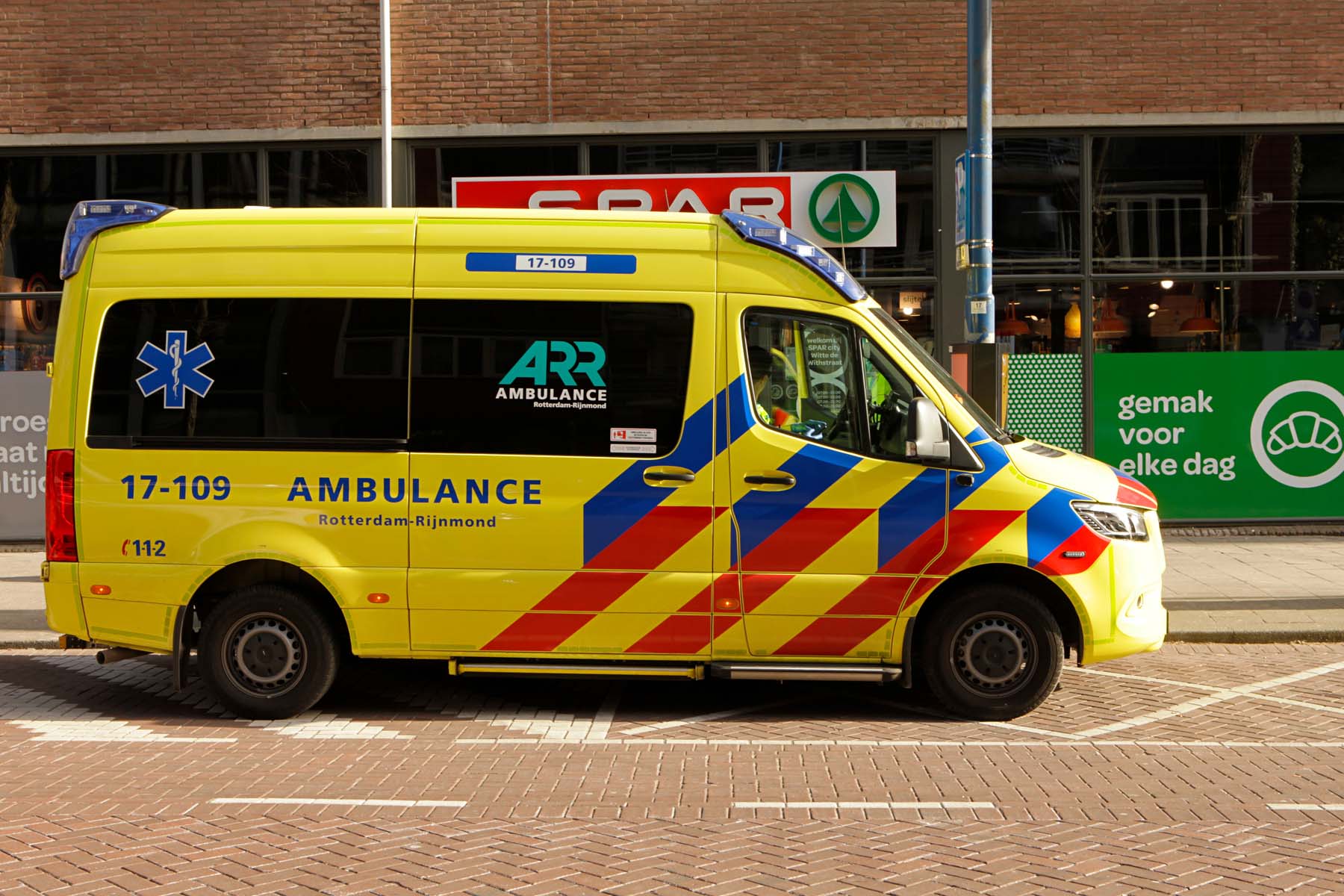
COVID-19 and hospitals in the Netherlands
Due to the ongoing COVID-19 global pandemic, your hospital visit in the Netherlands may be different from what you’re expecting. Indeed, hospitals around the world have had to make difficult choices about delaying scheduled procedures during the pandemic because of the high volume of coronavirus patients.
However, even before the COVID-19 pandemic hit the Netherlands, Dutch patients had seen increases in waiting times. In 2016, 69% of patients were seen at a hospital’s outpatient ward within 4 weeks. This number fell to 61% in 2017. In light of this, be prepared for a longer wait than you may anticipate.
Emergency treatment in the Netherlands
The accident and emergency area of a hospital (spoedeisende hulp, or eerste hulp afdeling) is responsible for emergency care. For life-threatening or other dangerous situations, patients can go straight to this part of the hospital without delay (or a referral). Alternatively, call the emergency services on 112 and speak to an operator who will then dispatch an ambulance if necessary. You can also call your GP and they will call an ambulance. You cannot directly call the ambulance service yourself. For more information, read our guide to emergency numbers in the Netherlands.
If your GP practice is closed, you can call after-hours care (huisartsenpost) should you have an urgent complaint – e.g., very high fever, a sick child, or sudden and severe pain. The person you speak with at the huisartsenpost is trained in triage, and they will determine the situation’s degree of urgency and what level of care is appropriate. If they think you should visit the hospital, the triagist will call area hospitals and find the next available appointment for you. They may also advise you to visit a clinic of the huisartsenpost you called, if they have one. Otherwise, the triagist will recommend how to take care of the situation at home until your GP’s office is open again.
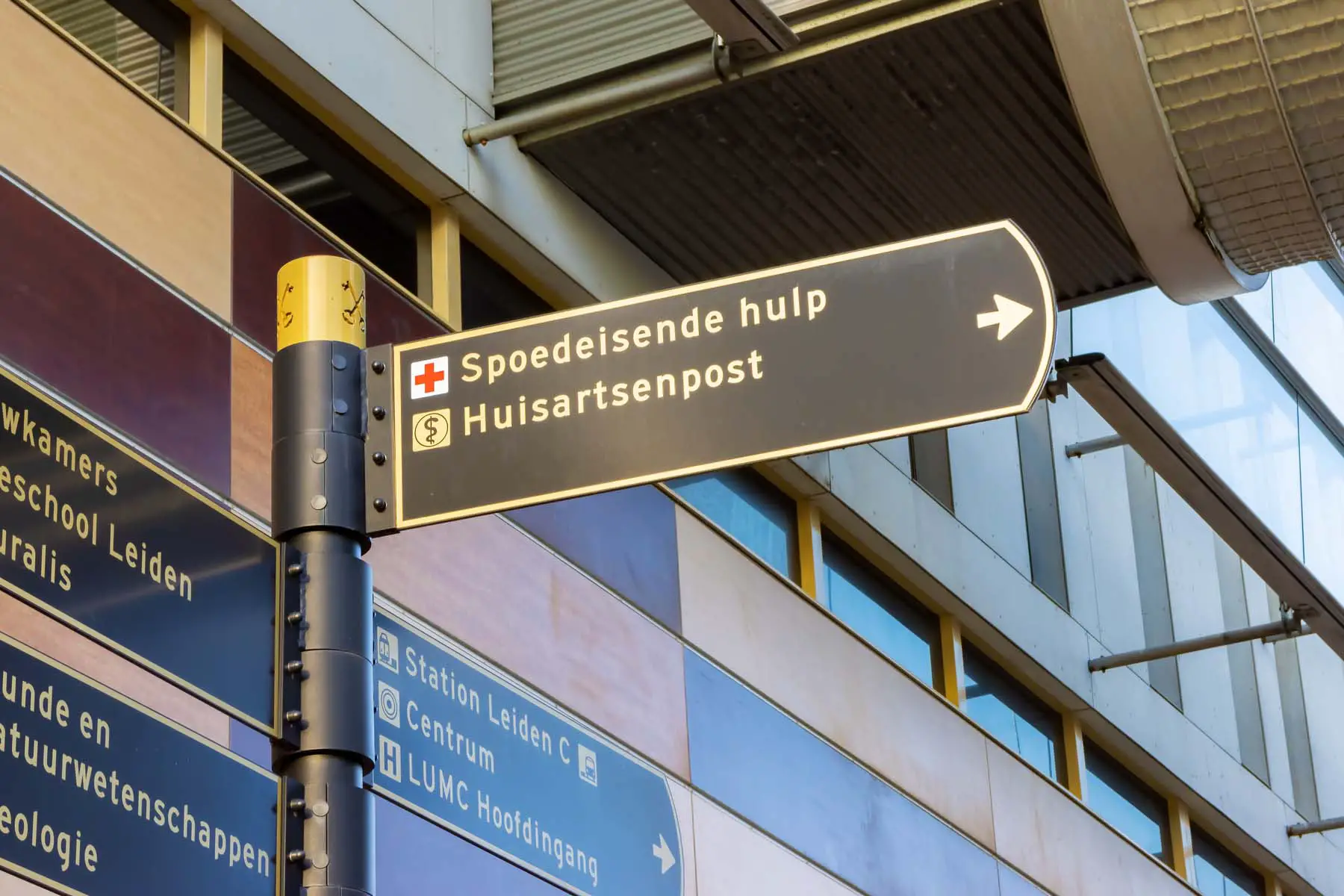
Huisartsenposten are regional services, so talk with your GP about how to contact their local branch. Some huisartsenposten also offer virtual assistance via their websites. Here are some of the more widely used branches and their phone numbers:
- Huisartsenposten Amsterdam: 088 00 30 600
- Huisartsenposten Rotterdam Noord: 010 466 95 73
- Huisartsen Rotterdam Zuid: 010 290 98 88
- Hadoks acute zorg (The Hague): 070 346 96 69
- Spoedpost Utrecht stad: 088 130 96 70
- Huisartsenpost Maastricht en Heuvelland: 043 387 77 77
- Doktersdienst Groningen: 0900 9229
Accessing emergency treatment as a tourist in the Netherlands
Anyone, including tourists, can access emergency medical treatment at a hospital in the Netherlands if the injury or illness is deemed life-threatening or grave. EU/EEA residents visiting the Netherlands on holiday should show a valid European Health Insurance Card (EHIC).
If you’re visiting from a non-EU/EEA country, it’s best to get travel insurance before traveling to the Netherlands for any smaller healthcare issues that could arise. Otherwise, you could end up facing a hefty medical bill at the end of your stay.
Hospital stays in the Netherlands: what to expect
You may or may not have a private room during your stay at one of the many hospitals in the Netherlands. Some hospitals have single-occupancy rooms, though hospitals usually reserve them for patients who need one for medical reasons. More common are larger, mixed-gender rooms with space for two to six patients. If you really want a private suite, though, discuss the option with your insurance provider. Learn about your options if you are unsure about how to choose health insurance in the Netherlands.

Food, bedding, towels, and medication needed for your stay are provided by the hospital. Each bed has a television and a phone, though you may have to pay for their use. Hospital stays in the Netherlands are comfortable, though you should bring some things from home to make sure your stay is to your own standards of comfort. Common recommendations are:
- Other prescription medication
- Warm socks and/or slippers
- Pajamas
- Toothbrush, toothpaste, and other toiletries
Hospital costs in the Netherlands
Rather than an itemized list of costs, Dutch hospitals bill use a model called the Diagnosis Treatment Combination (Diagnose Behandeling Combinatie). This model is regarded as a care path, and is the foundation of hospital finance. In sum, a care path has an average cost for that path’s specific treatment. However, the cost of a care path can be altered by other factors, such as if an extra operation is necessary or if a patient is discharged sooner than is usual.
Hospital costs are calculated against your insurance policy’s deductible, or eigen risico. As of 2021, one calendar year has a minimum health insurance deductible of €385 per adult. The Dutch government sets this amount, and it is subject to change on an annual basis. By law, all insurance policies cover children to age 18 free of charge, including hospital care.
Health insurance for hospital costs in the Netherlands
The type of insurance policy determines how hospital care is paid for. The Netherlands uses four types of policies: restitution, in-kind (natura), combination, and budget. Monthly premiums and the number of in-network contracts can vary significantly depending on your provider and any supplemental coverage you have, such as dental or alternative medicine. The intersection of these variables determines how your care is paid.
Understanding how the Dutch health insurance system works is important in ensuring you and your family have the right care for your situation. There are a number of different insurers operating in the Netherlands, so it pays to do your research ahead of time. Health insurers in the Netherlands include:
If you’re unsure of which insurance product is right for you, use a comparison website such as Independer to quickly check your options.
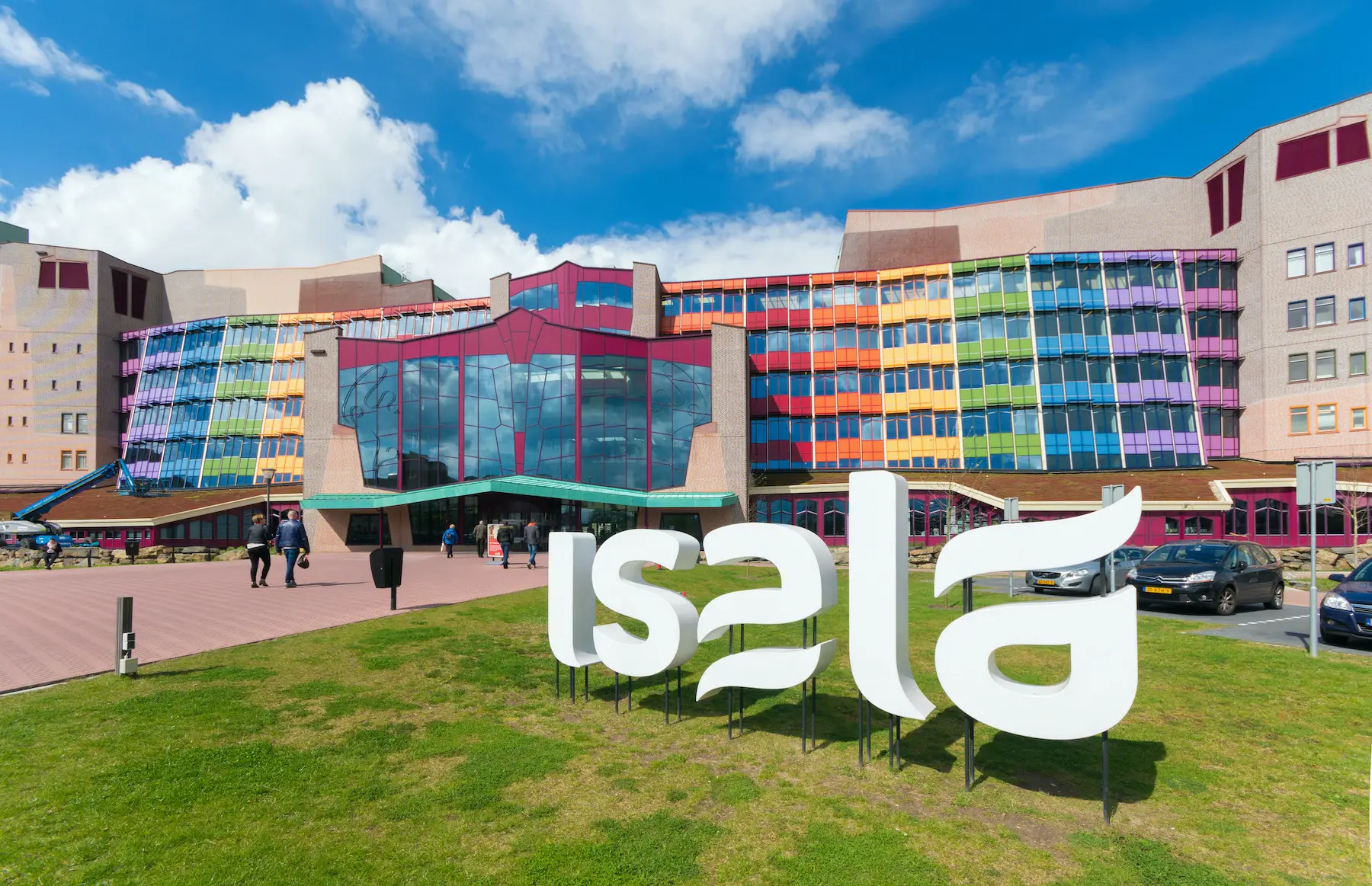
If you are a resident of the Netherlands and financially struggling, then you may be able to pay your deductible in installments. In this situation, ask your insurer about their payment plan. Additionally, the Dutch government has a scheme for healthcare allowance (zorgtoeslag) for lower-income households.
If you have insurance in your home country, be sure to inform the hospital and your insurance company of your hospital stay. Additionally, if you’re traveling from another EU/EEA country or Switzerland to the Netherlands, have your European Health Insurance Card on hand. If you go to a hospital without any health insurance, however, you are responsible for paying the bill in full.
Being discharged from hospitals in the Netherlands
While hospitals in the Netherlands may be comfortable, they do not typically allow patients to stay longer than necessary. Continued improvements in technology contribute to this model, as well as a prevailing attitude that patients recover better in the comfort of their own surroundings.
An attending doctor or medical team determines when a patient is ready for discharge. Additionally, many Dutch hospitals employ a discharge liaison nurse, whose role is to facilitate discharge and coordinate aftercare per the patient’s need, among other tasks as needed. The hospital is also responsible for informing your GP of your discharge.
The hospital will arrange for a nursing facility to continue providing care in the event that extensive care is needed after discharge. Another, more common option is check-ups at the hospital’s outpatient clinic.
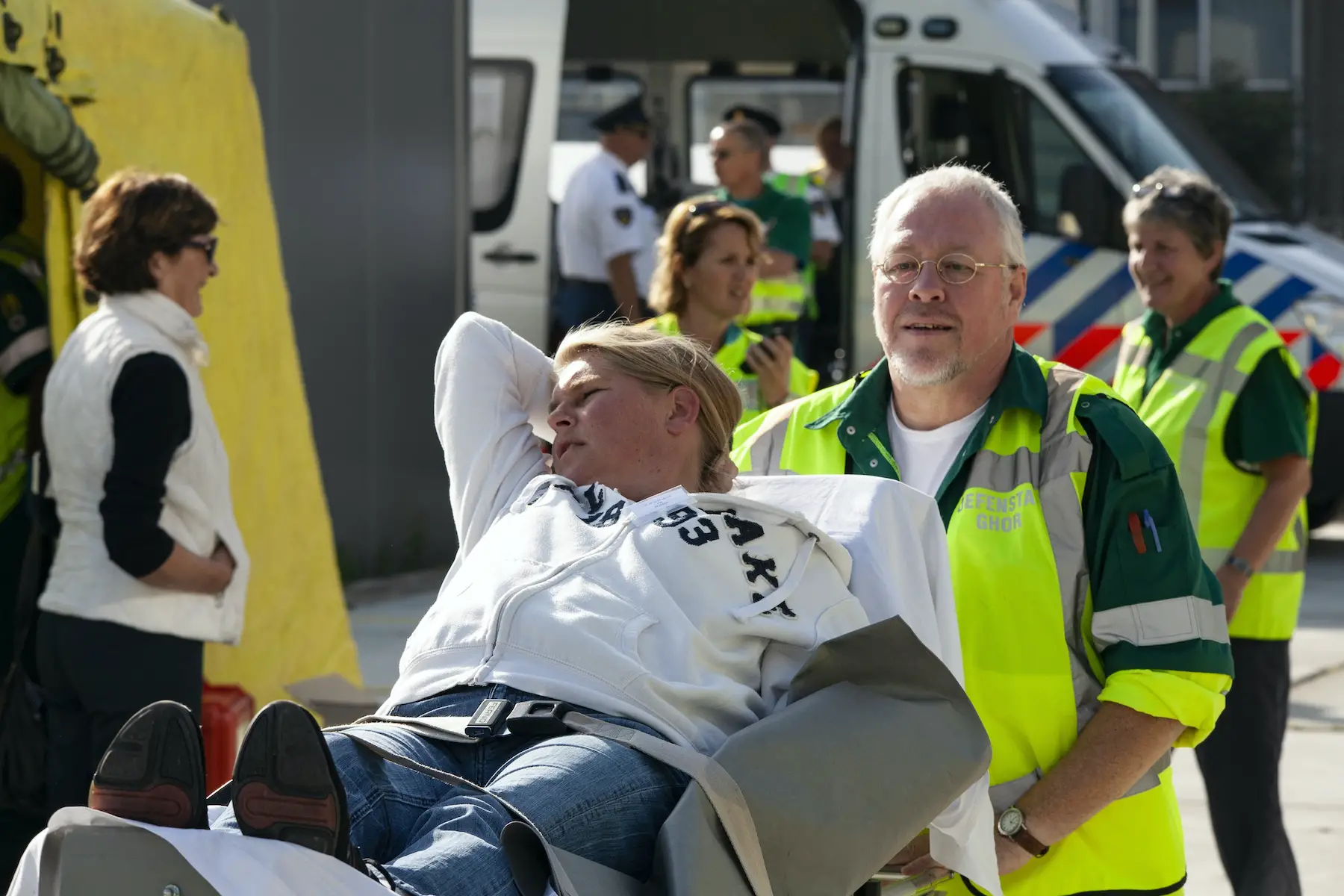
In general, the patient is responsible for getting home from the hospital. Taxi service is common, and it is worth checking with your insurance provider if they reimburse the cost of the taxi ride home following discharge. However, there are situations when a doctor gives a medical indication that an ambulance should take a patient home instead. The hospital is responsible for arranging this transportation.
Visiting someone in a hospital in the Netherlands
COVID-19 has changed how hospitals stay open to visitors. Government regulations could require hospitals to curtail the number of visitors, the number of visiting hours, or both. With this in mind, consider current government regulations and check hospital websites for this specific information before planning a visit.
By and large, Dutch hospitals are free to set their own visiting hours. Some keep different visiting hours for the different floors or wards. Children’s hospitals allow parents to stay at all times, although siblings are welcome during certain windows determined by each hospital.
If you’re staying in hospital and wish for a relative traveling from afar to be near for extra support, it is worth checking if the hospital has family accommodations. Reserve these spaces ahead of time when possible. Costs to stay in hospital are generally low.
Best hospitals in the Netherlands
University hospitals in the Netherlands are almost always the best in national rankings because of their high quality of care and specialized services. To that end, Newsweek and Statista ranked the hospitals in the Netherlands in 2020, with the top spots all going to the country’s eight academic hospitals. The top four were as follows:
UMC Utrecht
- Ranked #1 in the Netherlands
- Located in the city of Utrecht and affiliated with Utrecht University
- The UMC campus includes the Wilhelmina Children’s hospital; the Central Military Hospital for military personnel; and a Major Incident Hospital (Calamiteitenhospitaal), which treats groups of casualties of war, natural disaster, or disease.
UMC Utrecht, Heidelberglaan 100, 3584 CX Utrecht
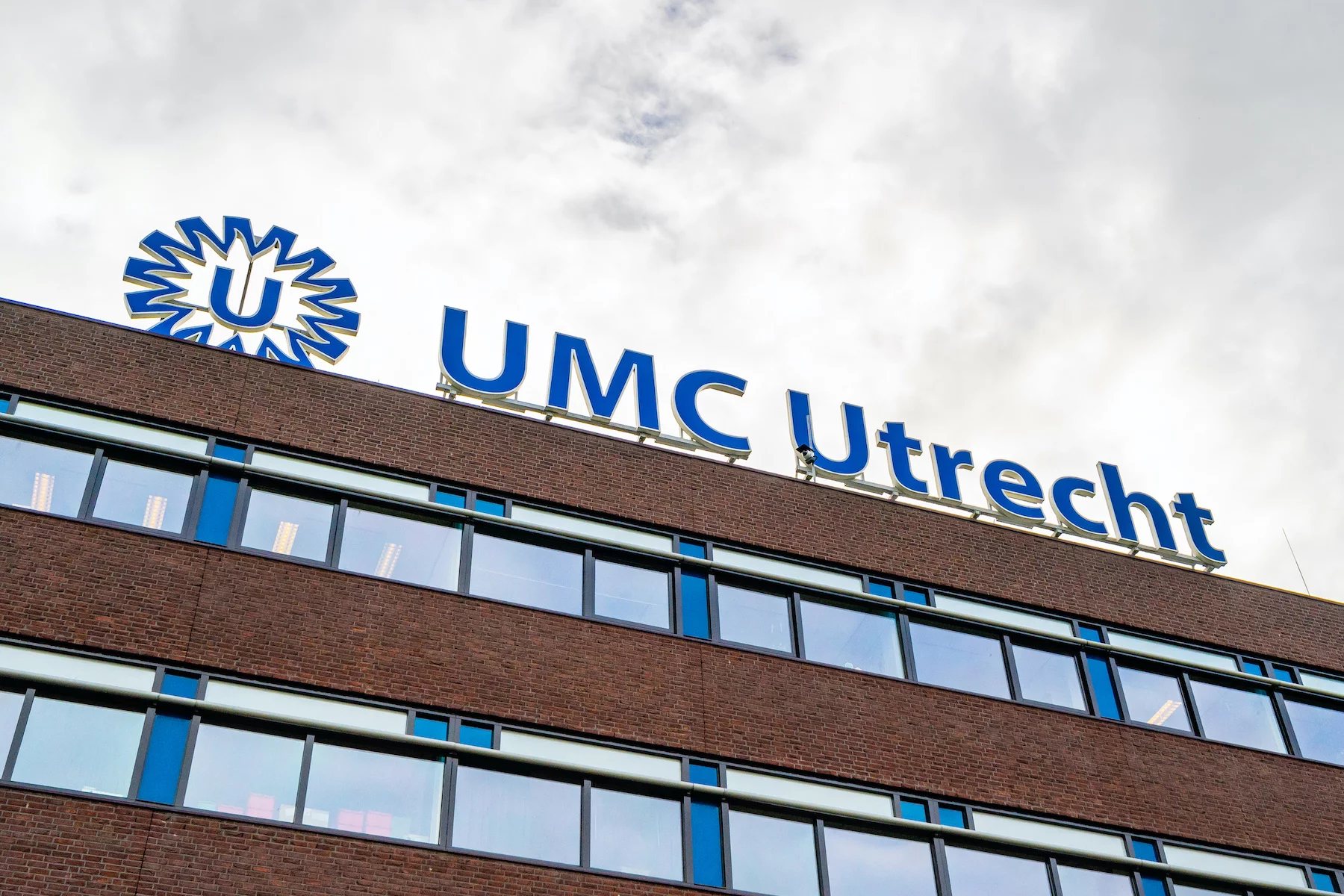
Academic Medical Center
- Ranked #2 in the Netherlands
- Located in Amsterdam and affiliated with the University of Amsterdam
- The AMC includes the Emma Children’s hospital, the Netherlands Institute for Neuroscience, the Royal Tropical Institute, and the Academic Psychiatric Center.
Academic Medical Center, Meibergdreef 9, 1105 AZ Amsterdam
Radboud University Medical Center (Radboudumc)
- Ranked #3 in the Netherlands;
- Located in Nijmegen and affiliated with Radboud University, though mainly as a teaching hospital;
- The pre-eminent hospital serving the east of the country, with about 1,000 beds, 10,000 staff, and 3,000 medical students;
- Amalia Children’s hospital is on the premises.
Radboudumc, Geert Grooteplein Zuid 10, 6525 GA Nijmegen
Leiden University Medical Center (LUMC)
- Ranked #4 in the Netherlands;
- Located in Leiden and affiliated with Leiden University;
- Specializes in treating rare diseases;
- The Willem-Alexander Children’s hospital is at LUMC.
Leiden University Medical Center, Albinusdreef 2, 2333 ZA Leiden
List of hospitals in the Netherlands
Amsterdam
- Vrije Universiteit Medisch Centrum (VUMC)
- Antoni van Leeuwenhoekziekenhuis (AVL)
- Academisch Medisch Centrum (AMC)
- Onze Lieve Vrouwe Gasthuis
- BovenIJ Ziekenhuis
Eindhoven
Rotterdam
- Erasmus MC
- Ikazia Ziekenhuis
- Maasstad Ziekenhuis
- Het Oogziekenhuis Rotterdam
- Sint Franciscus Gasthuis
The Hague
- HagaZiekenhuis
- Haaglanden Medisch Centrum (HMC) campuses: HMC Westeinde, HMC Bronovo, HMC Antoniushove
Utrecht
For a complete list of hospitals in the Netherlands, visit the Allianz Worldwide Care website.
Useful resources
- Ziekenhuischeck.nl – information about the quality of care at hospitals in the Netherlands. The website is in Dutch.
- Zorgwijzer – comparison tool for health insurance. Specifically, you can filter for insurance companies who network with a hospital of your choice.
- Independer – Another comparison tool for health insurance.
